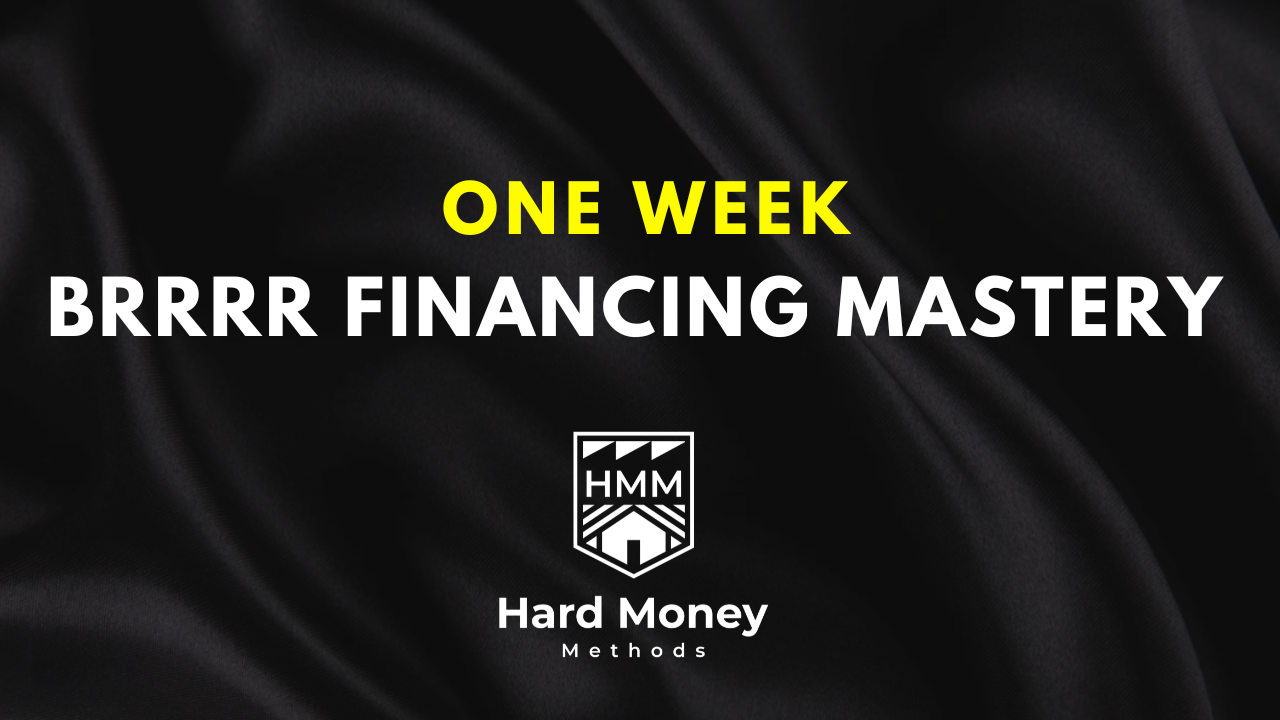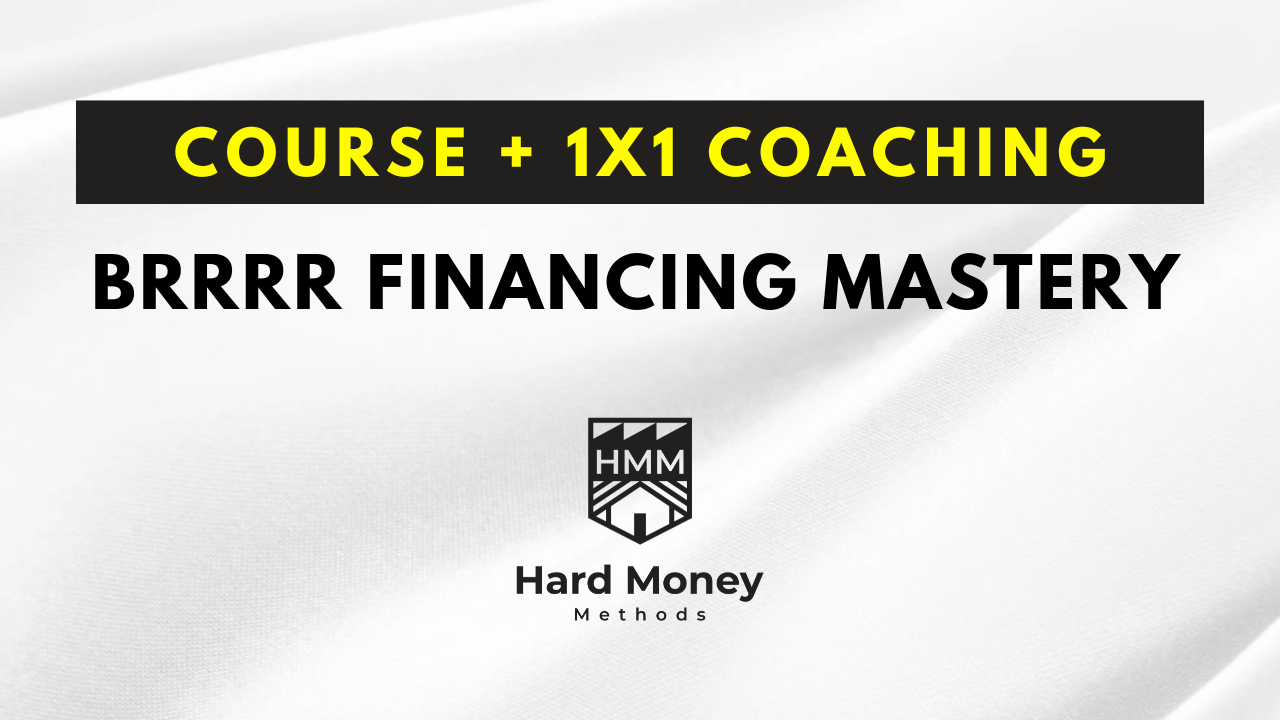What Is Hard Money? A Real Estate Investor’s Quick-Start Guide
Jul 14, 2025
If you're diving into real estate investing, you've probably heard the term "hard money" thrown around—especially in conversations about house flipping or short-term deals. But what is hard money financing, really? And how do you know when (or if) you should use it?
This quick-start guide breaks it all down for you.
What Is Hard Money Financing? A Simple Definition for Beginners
Hard money financing refers to short-term, asset-based loans typically used by real estate investors. Unlike traditional loans that rely heavily on credit score and income, hard money loans are based on the value of the property you're buying or rehabbing. The lender's primary concern is the collateral—not your financial history.
How Hard Money Loans Work in Real Estate
Here's how it works: A hard money lender gives you a loan, usually for 6 to 18 months, to purchase and improve an investment property. Once the project is complete (e.g., flip, BRRRR, or refinance), you repay the loan. The approval process is quick, and funding can happen in days—perfect for time-sensitive deals.
| Feature | Hard Money Loan | Traditional Loan |
|---|---|---|
|
Approval Time |
Days |
Weeks or months |
|
Credit Requirement |
Low or none |
High |
|
Based On |
Property value |
Borrower profile |
|
Term Length |
6–18 months |
15–30 years |
|
Interest Rates |
Higher (9%+ typical) |
Lower (5–8%) |
Hard money is faster and more flexible, but comes at a higher cost.
When to Use Hard Money Financing as a Real Estate Investor
Hard money loans are ideal for:
- Fix-and-flip projects
- BRRRR strategy (Buy, Rehab, Rent, Refinance, Repeat)
- Auction or distressed property purchases
- Deals that require quick closing
They’re not meant for buying your own home or long-term holds (unless you refinance later).
Pros and Cons of Hard Money Loans
Pros:
- Fast approval and funding
- Minimal documentation
- Flexible terms
- Great for investors with limited credit
Cons:
- Higher interest rates
- Short repayment period
- May require a larger down payment
Typical Terms and Rates You Can Expect
While terms vary by lender, here’s what you can usually expect:
- Loan terms: 6 to 18 months
- Interest rates: 9% to 12% (sometimes higher)
- Points/Fees: 1 to 4 points upfront
- Loan-to-Value (LTV): Up to 70% of ARV (after-repair value)
Who Are Hard Money Lenders and How Do You Find One?
Hard money lenders can be:
- Local or regional private lenders
- Investment firms specializing in real estate
- Online lending platforms
Tips to find a lender:
- Ask local real estate investors
- Join real estate investing meetups
- Check BiggerPockets and other forums
- Google "hard money lenders near me"
Look for lenders with experience in your market and property type.
Final Tips for Using Hard Money Wisely
- Run your numbers carefully: Don’t assume appreciation will save you
- Have multiple exit strategies: Flipping or refinancing
- Vet your lender: Read reviews, call them, and ask for references
- Don’t overborrow: Stay conservative with leverage
Hard money financing is a powerful tool—when used correctly. With the right strategy and support, it can help you scale your real estate investing faster than you thought possible.
Ready to get started with your REI education? Check out our affordable, step-by-step real estate investing course designed to help beginners close their first deal with confidence.



